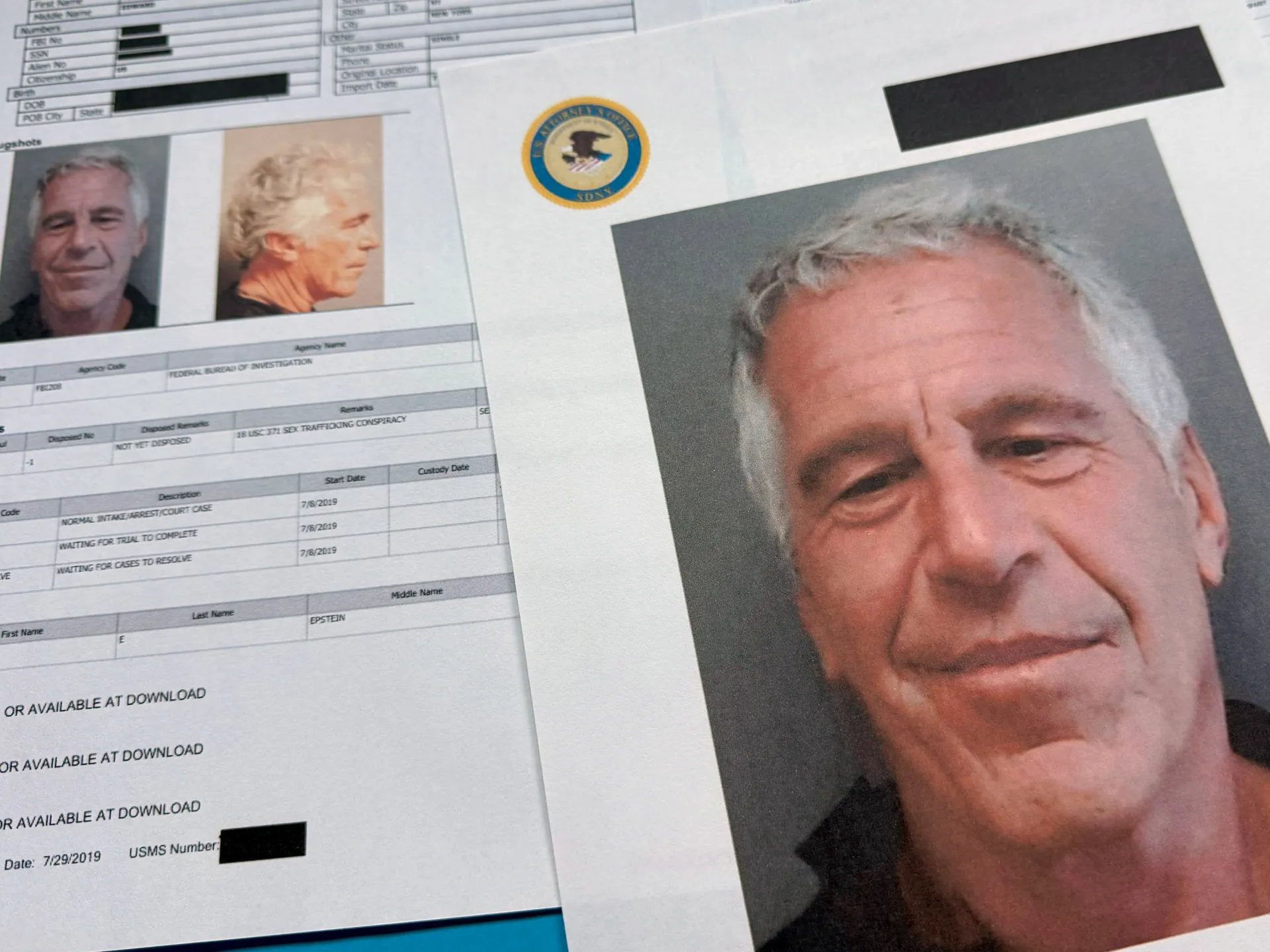WASHINGTON — The U.S. Commission of Fine Arts, a panel made up of President Trump’s appointees, on Thursday approved his proposal to build a ballroom larger than the White House itself where the East Wing once stood.
The seven-member panel is one of two federal agencies that must approve Trump’s plans for the ballroom. The National Capital Planning Commission, which has jurisdiction over construction and major renovation to government buildings in the region, is also reviewing the project.
Members of the fine arts commission originally had been scheduled to discuss and vote on the design after a follow-up presentation by the architect, and had planned to vote on final approval at next month’s meeting. But after the 6-0 vote on the design, the panel’s chairman, Rodney Mims Cook Jr., unexpectedly made another motion to vote on final approval.
Six of the seven commissioners — all appointed by the Republican president in January — voted once more in favor. Commissioner James McCrery did not participate in the discussion or the votes because he was the initial architect on the project before Trump replaced him.
The ballroom will be built on the site of the former East Wing, which Trump had demolished in October with little public notice. That drew an outcry from lawmakers, historians and preservationists who argued that the president should not have taken that step until the two federal agencies and Congress had reviewed and approved the project, and the public had a chance to provide comment.
The 90,000-square-foot ballroom would be nearly twice the size of the White House, which is 55,000-square-feet, and would accommodate about 1,000 people, Trump has said. The East Room, currently the largest room in the White House, can fit just over 200 people at most.
Commissioners offered mostly complimentary comments before the votes.
Cook echoed one of Trump’s main arguments for adding a larger entertaining space to the White House: It would end the long-standing practice of erecting temporary structures on the South Lawn that Trump describes as tents to host visiting dignitaries for state dinners and other functions.
“Our sitting president has actually designed a very beautiful structure,” Cook said. “The United States just should not be entertaining the world in tents.”
The panel received mainly negative comments from the public
Members of the public were asked to submit written comment by a Wednesday afternoon deadline. Thomas Leubke, the panel’s secretary, said “over 99%” of the more than 2,000 messages it received in the past week from around the country were in opposition to the project.
Leubke tried to summarize the comments for the commissioners.
Some comments cited concerns about Trump’s decision to unilaterally tear down the East Wing, as well as the lack of transparency about who is paying for the ballroom or how contracts were awarded, Leubke said. Comments in support referenced concerns for the image of the United States on the world stage and the need for a larger entertaining space at the White House.
Trump has defended the ballroom in a recent series of social media posts that included drawings of the building. He said in one January post that most of the material needed to build it had been ordered “and there is no practical or reasonable way to go back. IT IS TOO LATE!”
The commission met Thursday over Zoom and heard from Shalom Baranes, the lead architect, and Rick Parisi, the landscape architect. Both described a series of images and sketches of the ballroom and the grounds as they would appear after the project is completed.
Trump has said the ballroom would cost about $400 million and be paid for with private donations. To date, the White House has only released an incomplete list of donors.
A lawsuit against the project is still pending
The National Trust for Historic Preservation has sued in federal court to halt construction. A ruling in the case is pending.
In comments it submitted to the commission, the privately funded group recommended that the size of the ballroom be reduced to “accommodate and respect the primary historic importance of the original Executive Residence.”
At the commission’s January meeting, some commissioners had questioned Baranes, Trump’s architect, about the “immense” design and scale of the project even as they broadly endorsed Trump’s vision. On Thursday, Baranes described changes he has since made to the design, and the commissioners said they welcomed the adjustments.
The ballroom project is scheduled for additional discussion at a March 5 meeting of the National Capital Planning Commission, which is led by a top White House aide. This panel heard an initial presentation about the project in January.
Superville writes for the Associated Press.




